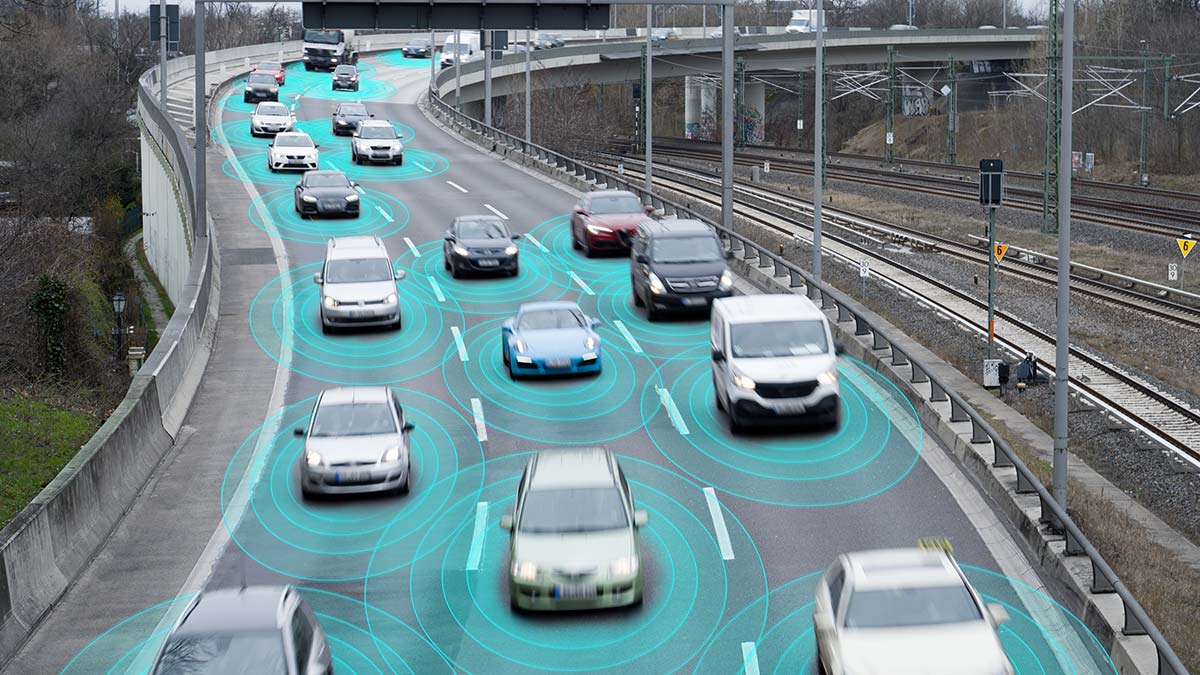The Law Commission and Scottish Law Commission have published their analysis of the second consultation on autonomous vehicles for the UK’s Centre for Connected and Autonomous Vehicles (CCAV). This is part of a three-year project aiming to make final recommendations in 2021.
The first Law Commission consultation on autonomous vehicles focussed on safety assurance and civil and criminal liability. The second consultation looks at how highly automated vehicles could play a role in the public transport network. In particular, the consultation considers:
- A new licensing scheme for operators of “Highly Automated Road Passenger Services” (HARPS);
- Privately-owned or leased autonomous vehicles intended for private use;
- Accessibility for the disabled and the elderly, including their safety in small but shared driverless vehicles;
- Regulatory tools to control congestion and cruising by empty vehicles; and
- Integrating HARPS with public transport.
The paper proposes that HARPS will be sufficiently different to existing transport services to require a new regulatory structure. It distinguishes two roles (which could be met by the same or different entities):
- The Automated Driving System Entity (ADSE), covered in the first consultation, responsible for the autonomous software, and required to vouch for its safely; and
- The HARPS operator responsible for insuring, maintaining and supervising the vehicle and for offering the transport service to the public.
The paper explains that the regulation must deal, not only with safety, but help achieve transport objectives such as controlling climate change, improving air quality, encouraging social inclusion, active travel (such as cycling and walking) and “healthy” streets (with wider pavements, resting places, etc.). The authors note the influence of the COVID-19 lockdown: amplifying the need for flexibility in regulation to adapt to change, demonstrating the feasibility of homeworking and online shopping, and highlighting the need to safeguard the vulnerable, which, in future, will include vulnerable passengers in shared autonomous vehicles.
There was near unanimous support among the respondents for a new national single national system for licensing operators of HARPS, for establishing a national scheme of basis safety standards, and for developing minimum standards of accessibility. Support for other proposals was mixed. Judging by the range in responses to the consultation, the most challenging areas will be:
- How to assign responsibilities and liabilities for privately-owned, leased and rented AVs intended for private use and whether private owners would be capable of supervising and maintaining AVs.
- The detail of achieving accessibility, including the variety of potential use cases and the “most divisive question” – whether HARPS operators should be required to record data on usage by older and disabled people. This raised concerns about compliance with data protection law and privacy. (Gowling WLG has long raised concerns about the challenges of keeping AVs compliant with data protection and privacy.)
- The detail of limiting congestion and cruising of empty vehicles and especially whether HARPS should be treated more strictly that other vehicles, which might create artificial barriers to adoption. Potential measures include road pricing; the paper notes the potential effectiveness of road pricing but that it has “often met public opposition”. (For a discussion of the potential and political risks of road pricing, see our report, Rethinking Transport Finance and Funding Report, published in partnership with London Transport Museum, Arup and Thales.)
- Whether HARPS should be treated as buses for the purposes of franchising, route registration and punctuality. Indeed, the report diplomatically states: “We are grateful to consultees for their detailed responses, indicating some of the tensions and controversies about how the UK currently regulates bus services.”
The Law Commission and Scottish Law Commission will make their final recommendations next year. This is just one strand of regulatory work prompted by the growing adoption of artificial intelligence. Regulatory work is ongoing for multiple industries, most urgently in those presenting a risk of physical injury, including automotive, aviation and healthcare. (The Gowling WLG AI blog has recently covered the regulatory timeline for European regulation of autonomous drones and passenger flights.) There are many issues common to all use of AI across industries, such how to prove the reliability and safety of an AI system, how to approach and prove liability and how to safeguard privacy. But there are also challenges that are highly specific to use cases (such as how to protect vulnerable passengers in shared, but driverless, vehicles). Moreover, we can safely predict that any new technology will be used in ways that have not been predicted.
About the author(s)
Gowling WLG is an international law firm operating across an array of different sectors and services. Our LoupedIn blog aims to give readers industry insight, technical knowledge and thoughtful observations on the legal landscape and beyond.

